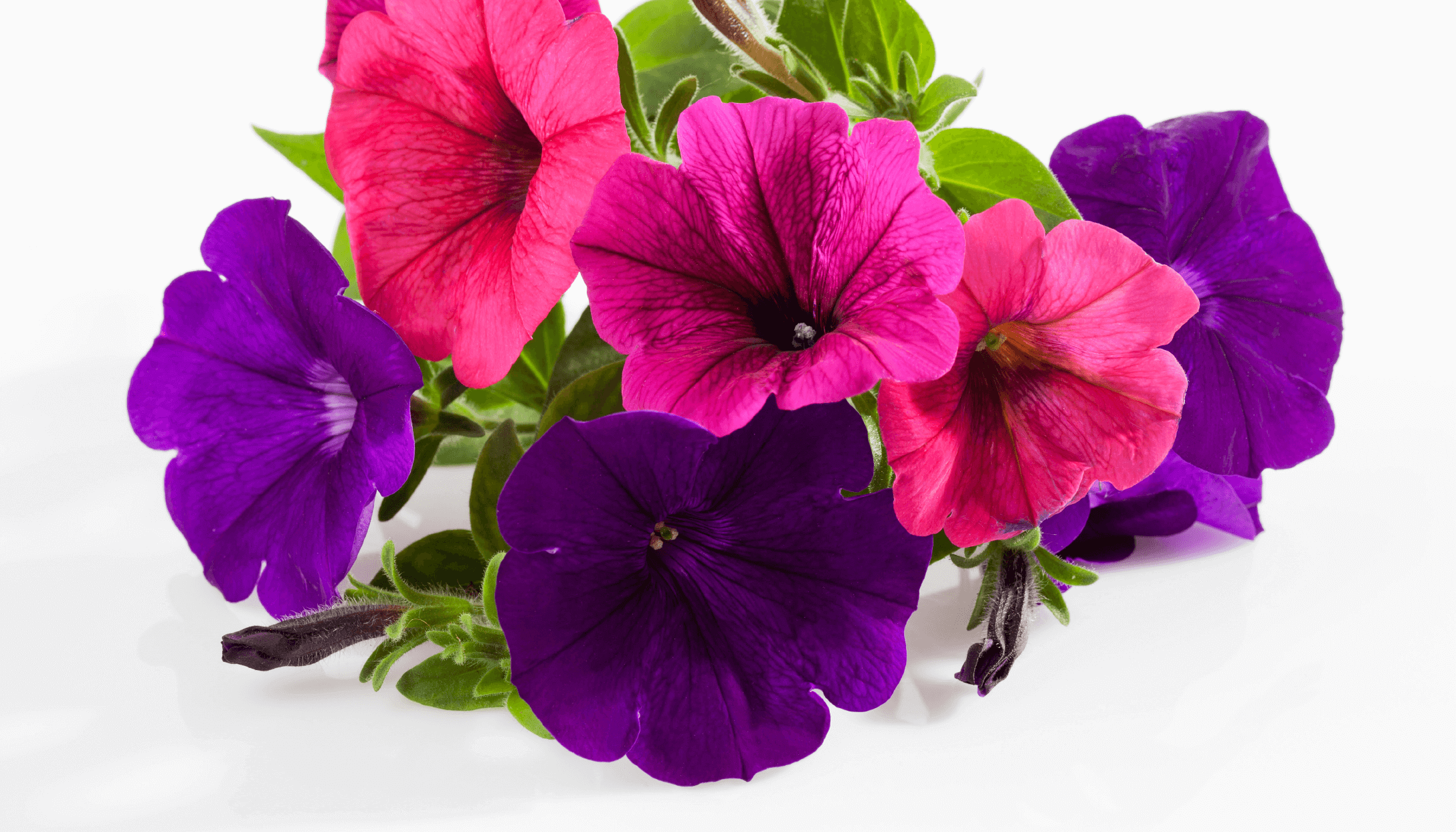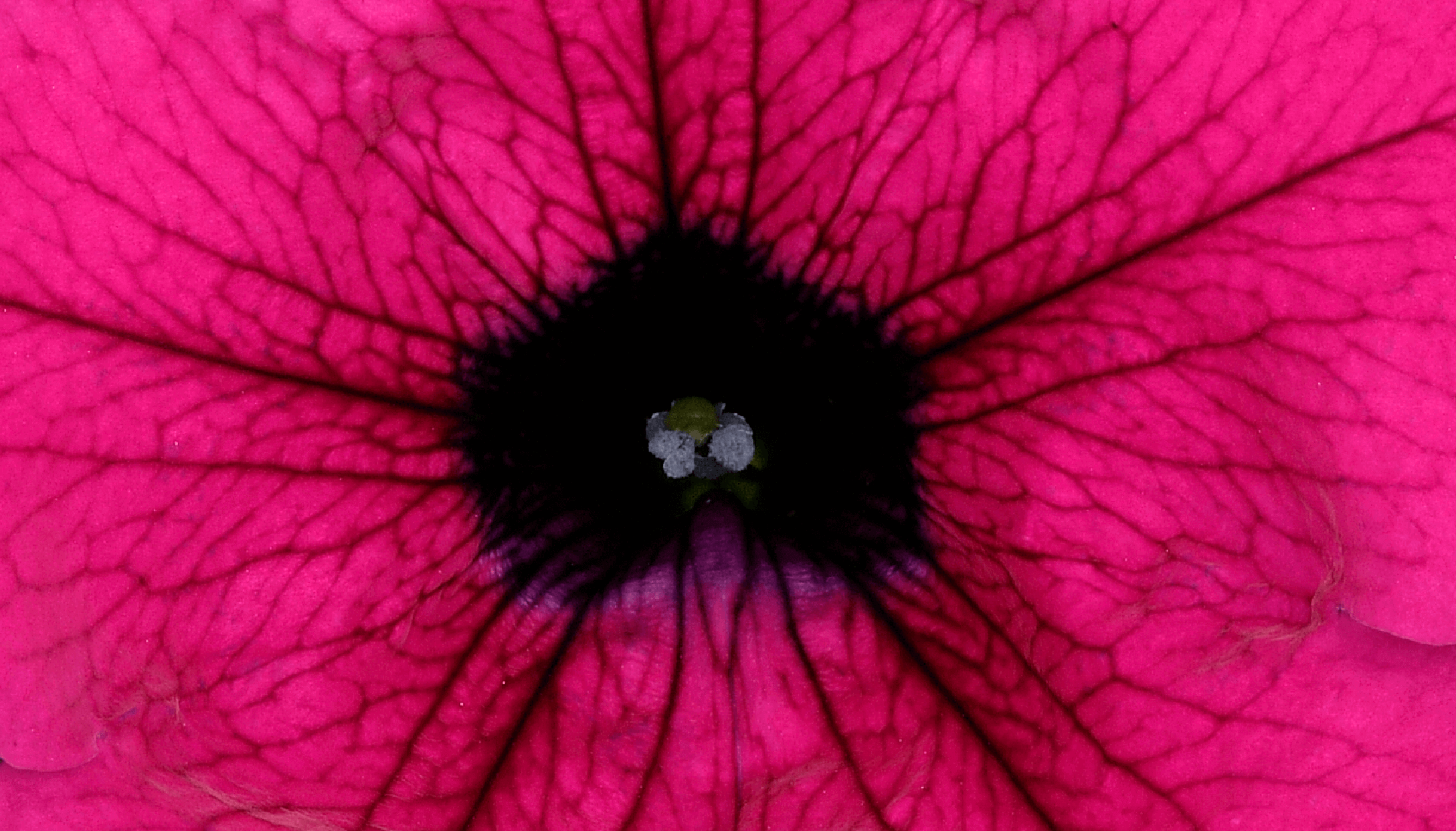Fun facts
Did you know...
1.

Petunia’s are from the tomato, potato and tobacco plant family. Listing those names leaves us wondering why our favourite plant isn’t named petunio.
2.

Oh wait, we know! Petunia’s are called after the South American word Petun, which is another name for Tobacco.
3.

Petunia blooms are edible, provided they’re not sprayed with pesticides. So they’re not only suited for your garden, they also go with salads (mmm!) and cocktails (yey!). The flowers supposedly taste somewhat sweet and even a little spicy!
4.

You might wonder why Surfinia® is called Surfinia®. Surfinia is a combination of the word “Surfin” and “Petunia”. When they were first bred in Japan, they grew like waves on the flowerfield and it inspired the brand name.
5.

We cannot imagine it now, but back in the old days it was a huge insult to gift Petunia’s. They carried the message ‘I don’t like you’. Luckily we forgot all about that meaning and you can happily gift petunia’s.
6.

The very first Surfinia® was purple, which is still the no. 1 selling petunia worldwide.
Petunia × hybrida
BOTANICAL ROOTS
Hybrids
A hybrid plant is the result of cross pollinating two different plant varieties and growing the seed the cross produces. The plant that grows from that seed is considered a hybrid. Like animals and humans, each crossing produce a lot of seeds which are all different.
Why Hybridize Plants?
We want to combine the qualities of the parents in the offspring to have the best plant as possible. Hybrids might be developed for disease resistance, size of plant, flower, or fruit, increased flowering, colour, taste or any reason a plant might be considered special. Most modern plants currently on sale are hybrids.
Getting to the desired result can take years of crossing. First time crosses are grown out the following year and the plants they produce are evaluated. If they meet expectations, the cross will be repeated and the seeds will be marketed. But it can take many years before a hybrid with the desired traits is even created. And when it is finally created it is tested again for a few years to be sure of a good and healthy specie.
Are Hybrid Plants Unnatural?
Most hybrid plants are intentional crosses, but hybridization can occur in nature. In fact, it happens quite often. Two nearby compatible plants can be cross pollinated by insects or the wind and the resulting seed simply falls on the soil and grows into a hybrid. Few of the flowers and vegetables we grow today are in their original wild form.
“We do the same as insects do in nature. The only difference is that we choose the 2 plants that will be crossed and the insects do it randomly” says (former) Production Manager from MNP, Juliette Einhorn.
Do Not Confuse Hybrids With GMO!
In nature, hybrids are hit or miss. Commercial hybrids come about after a great deal of work and many attempts are discarded if they do not produce the desired results. Whether the cross occurs by nature or man, do not confuse hybrids with genetically modified plants (GMO), which are created using techniques such as gene cloning. Hybrids are simply two plants that cross pollinated.
MNP / Suntory from the Netherlands is the company behind this successful brand. At this “house of brands” in Leimuiderbrug is where the magic happens: powerful brands are created after extensive tests and accurate selections of the highest quality genetics of indoor & outdoor plants coming from Suntory Flowers Ltd. (breeder) in Japan. MNP / Suntory gives custody for production of our products to carefully selected growers (propagators) in Europe, which we call our licensees; meanwhile, innovative stories are written. For this reason, we are the plant pioneers! “Pioneers & trendsetters in breeding, selecting, marketing and licensing of innovative and superior quality (bedding) plants.”
To experience what characterises our unique products, you cannot miss a single one of “the plant pioneers” brands, click on the logos to discover them!














